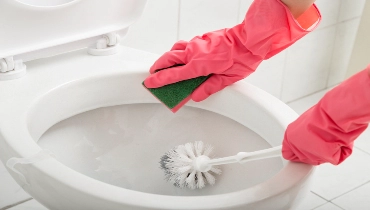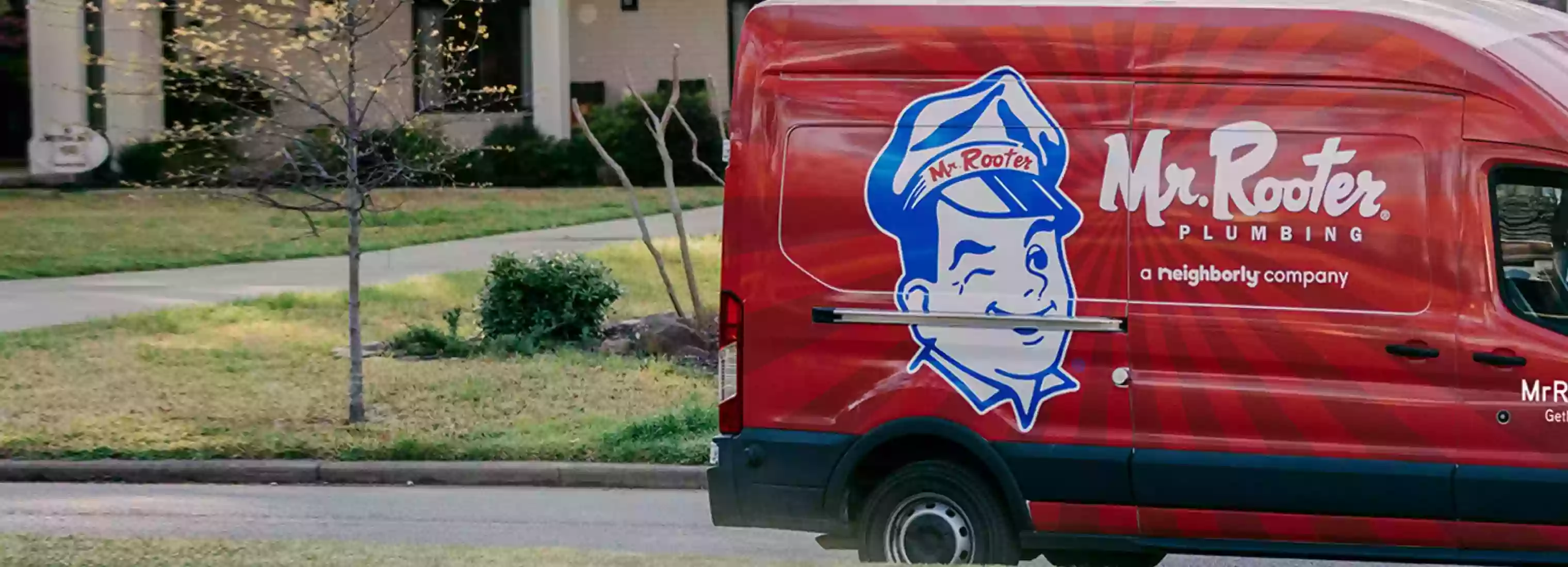Why Toilet Rust Appears & How to Remove It Effectively

The Causes of Toilet Rust
Rust on toilets is a common problem that can creep up on you gradually, often without you even noticing. From the unsightly rust stains to the dreaded, orange-colored water in the bowl, rust can be a frustrating and unpleasant experience for any homeowner. While rust can develop on almost any metal surface, toilets are particularly susceptible to it. Let’s now dive into the reasons why rust appears on toilets and what you can do about it.
Poor Water Quality
Arguably the most common cause of rust on toilets is poor water quality, particularly if your water is high in iron. When you flush the toilet, the water and the metal come into contact with each other. If the water in your area is high in iron, the metal in your toilet bowl and reservoir can corrode and develop rusty-looking stains.
Hard Water
Another potential cause of rust on toilets is hard water. Hard water is water that contains high levels of minerals such as calcium, magnesium, and iron. As the water evaporates, the mineral deposits can stick to the inside of the toilet bowl or reservoir. Over time, these deposits can grow, harden, and develop into rust-like stains.
Deteriorating Metal
Over time, the metal components of your toilet can deteriorate or become damaged, creating an opportunity for rust to develop. The valve, flapper, and other metal components all wear out eventually, and if they're not replaced promptly, the metal can begin to rust and corrode.
Poor Maintenance
If you don't keep up with routine toilet maintenance, rust can develop over time. If you let the toilet sit for too long without cleaning it, for example, rusty water stains can form. Similarly, if you don't take care to clean and dry the toilet's metal components regularly, they can become more vulnerable to rust.
Beware of Harsh Chemicals & Cleaning Products
Certain cleaning products can actually cause rust to develop on toilets. Some cleaners contain harsh chemicals that can corrode and wear away at the metal components of your toilet. Avoid using these products and opt for gentler, more natural cleaning solutions instead.
Are you tired of constantly seeing that unsightly rust in your toilet bowl? It not only ruins the aesthetic value of your bathroom, but it can also make cleaning it a tough chore. Rust stains are a common problem for many and can be caused by several factors like hard water, old pipes, and lack of maintenance. The good news is you don't have to live with it forever. In this post, we'll go over some effective ways to remove rust from your toilets like a pro.
How to Quickly & Efficiently Remove Toilet Rust
Baking Soda and Vinegar
One of the most effective natural methods to remove rust from your toilet is by using a combination of baking soda and vinegar. First, pour a cup of baking soda into the toilet bowl, and add a cup of vinegar on top of it. Let it fizz and work its magic for about 30 minutes. Use a toilet brush to scrub the rust stains away, and finally, flush the toilet. If the rust is stubborn, repeat the process until it's completely gone.
Lemon Juice and Borax
Lemon juice and borax can also help you get rid of stubborn rust stains. Mix equal parts of lemon juice and borax to form a paste. Apply the paste to the affected areas and let it sit for at least two hours. Use a toilet brush to scrub the rust stains away, and finally, flush the toilet. Repeat the process as necessary until the rust is completely gone.
Commercial Rust Remover
Commercial rust removers are readily available in the market and can effectively remove rust stains. Follow the instructions on the label and use protective gloves when applying the product. Apply the rust remover to the affected areas and let it sit for the recommended time. Use a toilet brush to scrub the rust stains away, and finally, flush the toilet.
Pumice Stone
For an inexpensive and hands-on approach to removing rust, use a pumice stone. Wet the stone and gently rub it on the rust stains. The stone will gently scrub away the rust without damaging the toilet bowl. Use a toilet brush to remove any residue, and finally, flush the toilet.
Preventive Measures
Preventive measures can help reduce the likelihood of rust stains forming in your toilet bowl. Install a water softener if you live in an area with hard water. Regularly clean and maintain your toilet to prevent rust from building up. Use rust-inhibiting cleaners to keep your toilet rust-free.
Hire A Pro
Mr. Rooter Plumbing of Pomona Valley has years of experience providing top-notch plumbing services to homeowners in the area. Our licensed and experienced local plumbers use advanced techniques and modern tools to provide speedy and reliable repairs for a variety of issues such as clogged drains, septic tank problems, leaky faucets, and ruptured pipes.
We will provide upfront pricing estimates, treat your home with respect, and are available 24/7 to provide emergency plumbing services. With our commitment to customer satisfaction and honest prices, you can trust that we'll make sure your toilet is up and running quickly and efficiently!
Need plumbing assistance with your toilet? Call or contact us online for a complimentary consultation today!
 Click to call
Click to call


